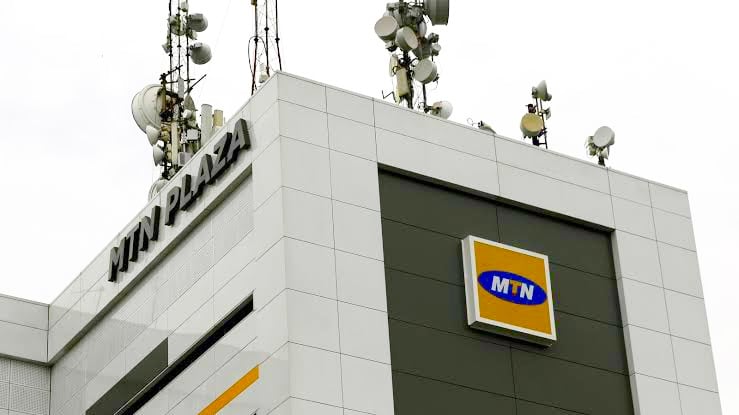In a commendable effort to drive energy efficiency and reduce emissions, technology giant MTN Nigeria has reported significant success in lowering its energy costs by over N570 million through the utilization of gas generators. This achievement was disclosed in the company’s 2023 climate change report, where it outlined its investments in clean energy technologies as part of its commitment to emissions reduction and support for Nigeria’s 2050-2070 net-zero target.
MTN Nigeria’s strategic deployment of three 1.1 megawatts (MW) gas generators has not only resulted in a noteworthy reduction in greenhouse gas emissions but has also led to substantial cost savings. This innovative approach demonstrates the company’s dedication to sustainable energy solutions and responsible corporate citizenship.
Read also: Nigeria turns to gas, electricity and solar energy for economic survival
Partnerships for a Greener Future
In addition to its gas generator initiative, MTN Nigeria is forging partnerships to further its environmental goals. The company is collaborating with a renewable energy Independent Power Producer (IPP) program to implement a Compressed Natural Gas (CNG) power plan. This initiative is set to supply power to MTN Plaza, its corporate office, and its main data center in Ikoyi. By incorporating cleaner energy sources into its operations, MTN Nigeria is contributing to a greener energy landscape in the country.
MTN Nigeria has also taken steps to optimize its power consumption. The installation of motion light sensors in its buildings and switching centers is a practical measure aimed at reducing unnecessary energy usage. This approach not only conserves energy but also aligns with the company’s commitment to sustainability.
A Vision of Zero Emissions
Karl Toriola, CEO of MTN Nigeria, emphasized the company’s commitment to achieving net-zero emissions. This aligns with MTN Group’s Project Zero, which focuses on reducing greenhouse gas emissions across its operations. The strategy involves reducing energy consumption, transitioning to green energy sources, and investing in certified climate protection projects to offset unavoidable emissions.
Mr. Toriola stated, “Our commitment to Nigeria goes beyond connectivity. We recognize the environmental challenges our nation faces, and we’re dedicated to being part of the solution. Our investments in sustainable energy and infrastructure are not just good for business; they’re essential for the future of Nigeria.”
Nigeria’s Climate Goals
Nigeria, through the Climate Change Act 2021, has set ambitious targets for low greenhouse gas emissions, green and sustainable growth, and a net-zero greenhouse gas target between 2050 and 2070. The country is determined to achieve net-zero emissions as early as possible in the second half of the century. This commitment aligns with global efforts to combat climate change and ensure a sustainable future for all.
In line with the broader sustainability goals, the Nigerian Communication Commission (NCC) has announced plans to facilitate a complete transition to alternative energy sources in the telecom industry. This transition aims to reduce carbon footprint and align with clean and sustainable energy practices. The NCC’s proactive approach demonstrates a collective commitment to environmental responsibility and a greener future.
MTN Nigeria’s innovative initiatives, including the use of gas generators, partnerships for cleaner energy, and optimized power consumption, serve as a shining example of how technology companies can lead the way in environmental stewardship while contributing to a more sustainable and energy-efficient future for Nigeria.




